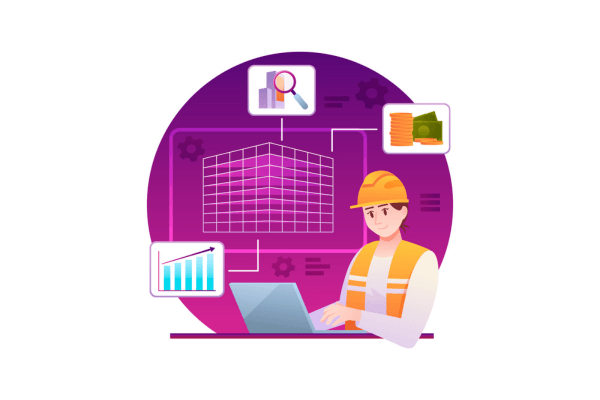Have You Check What Cookies Are On Your Website?
In today’s digital environment, cookies have a big impact on how websites work and improve user experiences. Understanding cookies and how they affect privacy and website operation is essential for both website owners and users as they are a necessary component of web browsing. We shall go into the realm of cookies in this essay and examine their use, varieties, management, and legal framework.
What is a Website Audit?
An organization’s security procedures are the topic of a sample audit in the cybersecurity field. It evaluates the efficiency of security procedures, access restrictions, network architecture, and industry compliance. The audit’s objectives are to find weaknesses and make sure the company is prepared to counteract cyber threats.
With the aid of ObservePoint, a site audit is a thorough assessment of the operation, performance, and compliance of a website. The monitoring and analysis tools provided by Observe Point enable auditors to spot technological problems, verify tracking tags, and guarantee GDPR compliance. The audit aids businesses in website optimization, user experience improvement, and data privacy protection.
1. Initialization
We’ll give a quick review of cookies and their role in how websites work in this section.
The idea of customization and user preferences is the foundation of the digital world. Websites store little text files known as cookies on users’ devices to remember their preferences. The functions of these cookies range from tracking user behaviour to tailoring website content to remembering login information.
2. Recognizing Cookies
We will define cookies and go over the various kinds in this section.
Definition and Objectives
When a user visits a specific website, the website creates a little text file called a cookie and stores it on their computer. These files hold the information necessary for websites to identify and remember visitors, providing more individualized experiences and enhanced functionality.
Types of Cookies (2.2)
Websites may use several different kinds of cookies, including:
Session cookies: Once the user closes their browser, these transient cookies are no longer valid.
Persistent cookies let websites remember user preferences across sessions by staying on the user’s device for a longer amount of time.
First-party cookies: These cookies are created by the user’s current website.
Cookies from third parties: These cookies are obtained from outside sources and are frequently used for tracking and advertising.
3. Operation of Cookies
We’ll look at the storage and lifecycle of cookies in this section.
Cookie Lifecycle
The lifecycle of a cookie comprises its generation, modification, and expiration. We will go through each step in depth and emphasize how important it is to maintain a flawless user experience.
Storage of Cookies
Depending on the browser and website settings, cookies might be stored in several places. Effective cookie management and clearing require an understanding of cookie storage.
4. Why Cookies Are Important for Websites
We will go into more detail about the vital part cookies play in how websites work and how users interact with them in this section.
Website owners can provide personalized information, remember user preferences, and give seamless login experiences thanks to cookies. We’ll talk about the advantages of cookies and how they make the web more user-friendly.
5. Regulations and Privacy Issues
Regulations are in place to secure user data because the usage of cookies raises privacy concerns. We will discuss these issues and the pertinent laws in this section.
User Acceptance
A crucial component of using cookies responsibly is getting the user’s permission. We’ll talk about the value of informed consent and how to get it.
5.2. Compliance with GDPR and CCPA
There are substantial consequences for cookie usage from the General Data Protection Regulation (GDPR) and the California Consumer Privacy Act (CCPA). We will examine the specifications put forth by these rules and how website owners can guarantee compliance.
Maintaining Cookies
The information in this area will help you manage cookies efficiently.
Cookie Settings
Visitors to websites can change their cookie preferences. We’ll go over how users can get to these options and change them to suit their privacy preferences.
Cookie Removal
To manage stored data and protect privacy, clearing cookies is a crucial procedure. We will describe how users can delete cookies from various browsers.
7. Cookies’ Future
Given the rapid advancement of technology and the rising privacy concerns, cookies’ future is questionable. We’ll talk about possible cookie substitutes as well as new developments in user tracking and customization.
Conclusion
In conclusion, cookies are essential to the operation of websites and give consumers a customized experience. Although there are privacy problems, laws like the GDPR and CCPA aim to strike a balance between user privacy and website functionality. Users can more confidently navigate the digital world if they are aware of cookies and their control options.







